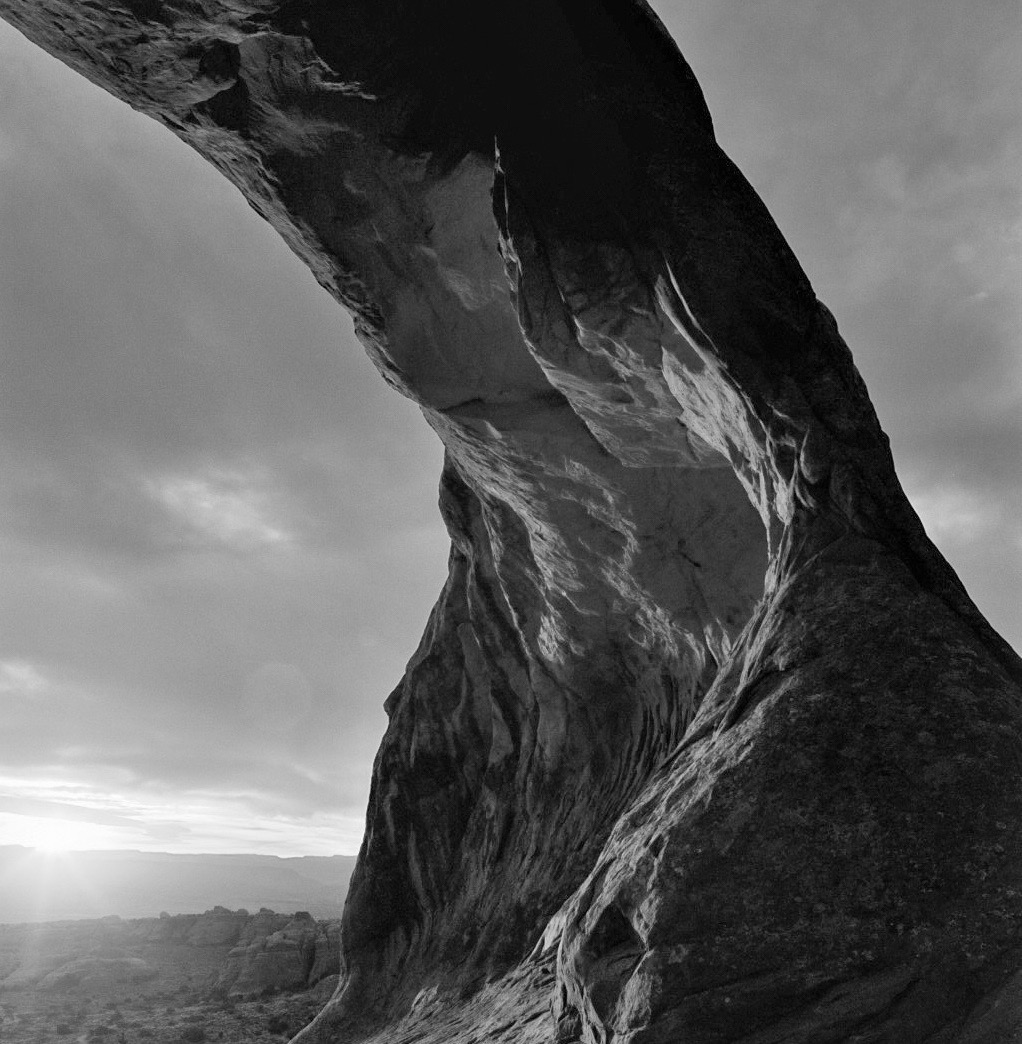
In this post, which has been adapted from our most recent newsletter, we'll take a moment to reflect on the events of the last year, and then turn our attention to the next one.
2020
In spite of the many challenges presented over the last year, it was a resoundingly good one for Urbit.
It seems like a long time ago now that the folks at Tlon rolled out OS1 (now called Landscape), just as the pandemic forced everyone into their homes throughout the world. At the time, Urbit is for Communities" was just a vision, but now it’s been transformed into reality—there are more thriving communities in Landscape than any of us can keep track of, with new faces popping onto the network on a daily basis.
Landscape brought many new ships onto the network which helped identify those areas in which Urbit’s infrastructure could be most improved. Ford Fusion eliminated the possibility of a partially-applied over-the-air (OTA) update through a drastic reduction in the size and complexity of the codebase. The efficiency of the OTA process was improved by several orders of magnitude, and many long-standing memory issues were resolved. Now we deploy code on our infrastructure nodes and see users receive an update, over a decentralized network, often in less than a minute.
After improving the stability of the system Tlon turned its attention to bringing more ships onto the network. A long-standing barrier to Urbit’s adoption has been the technical knowledge required to host one’s own ship—this prompted Tlon to build and launch an Urbit hosting service, the waitlist for which is now thousands deep.
With Tlon becoming more singularly focused on building products on Urbit, concrete steps have been taken towards making urbit.org a separate organization that’s focused on long-term development of Urbit’s platform. I joined to lead that effort back in August and have since spent the majority of my time working with dozens of contributors on projects spanning documentation, education, external integrations, and much more.
We rounded out the year with a full network reset (called a “continuity breach”), which has in the past has been synonymous with loss of all data on the network. This time things went differently: tooling was made available to the community that allowed ships to preserve their data, which enabled most to seamlessly rejoin post-reset. This is a significant milestone for the project as it signifies not only a commitment to technical excellence, but to supporting our budding community.
2021
In the last three weeks we’ve seen a huge amount of inbound interest as people are waking up to the inherent problems with using centralized services run by MEGACORPs—we’re just happy we started working on Urbit all those years ago. While we tend to not plan more than about six months in advance, I can still talk at a high level about what urbit.org will be focusing on in the immediate future.
Growth in Urbit’s developer community has been growing organically in lockstep with the overall network growth. This means, happily, that there’s a pretty large pool of people eager to contribute to Urbit. The priority for urbit.org, therefore, is to improve its capacity to effectively assist contributors. In broad strokes, this means:
- Rework urbit.org to better help developers learn how to contribute to Urbit
- Since Urbit is ready to build on top of, provide practical guides that demonstrate how to do so
- Guide developers to make high-value contributions to Urbit and its ecosystem
- Build community amongst contributors
My strategy to date has been heavily focused on working directly with contributors to provide technical guidance and direction, and it’s been working really well. To that end I’ll also be scaling our ability to provide such support by bringing more individuals into urbit.org that can mentor, review work, and provide guidance on where to best direct contributors' energy.
2021 is shaping up to be a big year for Urbit, and we'd love your help in building it. If you want to see what we're working on in real time, join us in Landscape at ~wolref-podlex/foundation.
See you on the network!